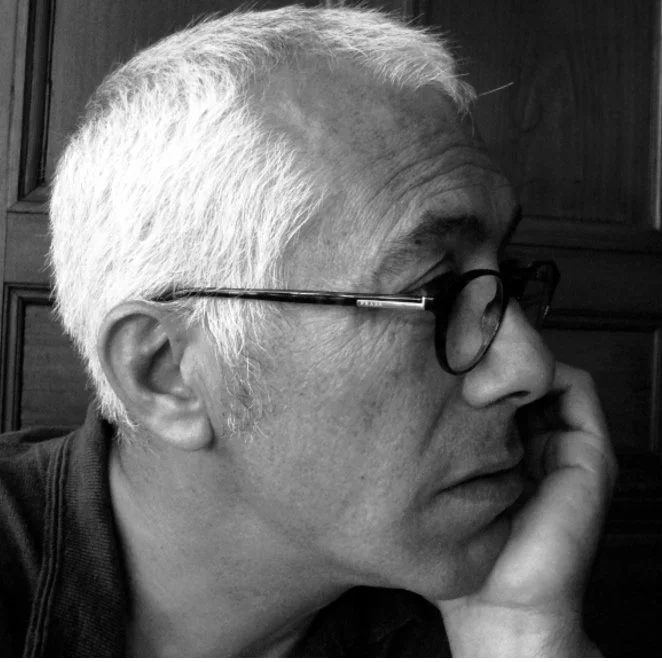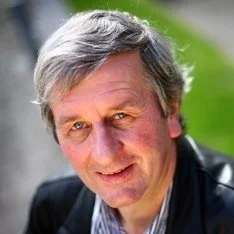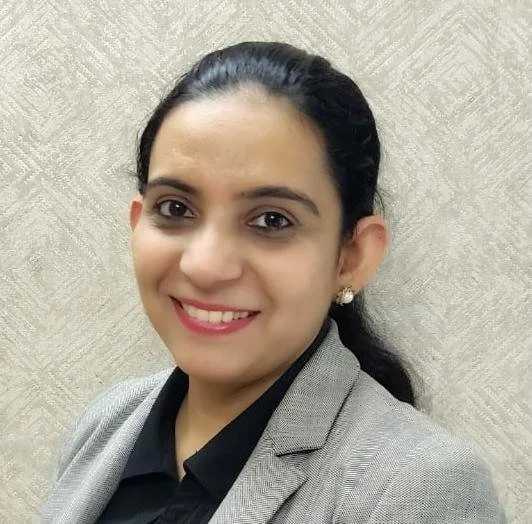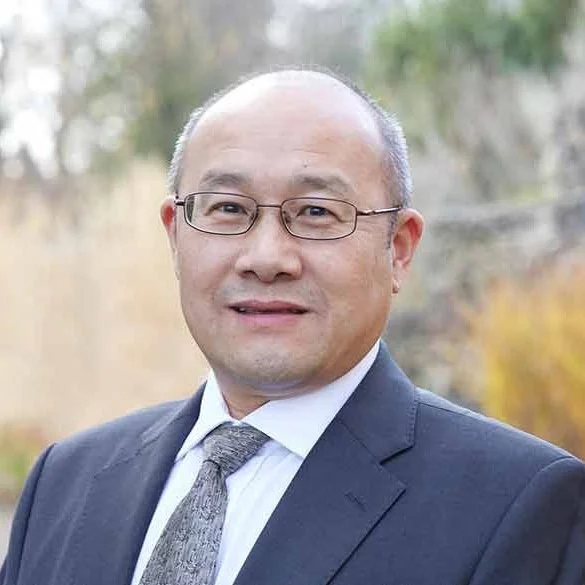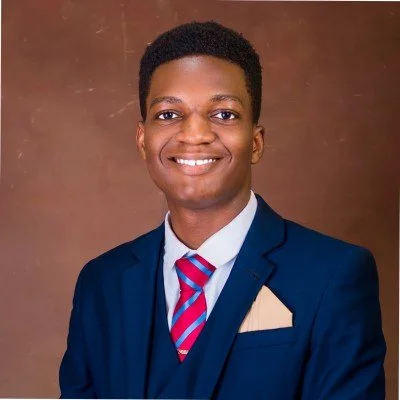The World Sustainability is an annual gathering of professionals and renowned persons who present their expert ideas on sustainability.
WATCH SPEAKER SESSIONS
Steven L. Schwarcz
Star Distinguished Professor of Law & Business, Duke University
PRESENTATION TITLE:
Using FinTech to Expand Financial Inclusion
Zabihollah Rezaee
The Thompson-Hill Chair of Excellence & Professor of Accounting, University of Memphis
PRESENTATION TITLE:
Business Sustainability and Impact Investing: Implication for Corporative Governance, Environment Social Initiatives
Miguel Amado
Associate Professor Habilitation in Architecture
Instituto Superior Tecnico, Universidade de Lisboa, Portugal
PRESENTATION TITLE:
The Positive Contribution of GEOTPU.LAB in Achieving the Sustainable
Development Goals in Portuguese-Speaking Community and Beyond.
Eugene Eteris
Managing Director
European Integration Institute, Denmark
PRESENTATION TITLE:
Supporting and Connecting Sustainability Governance with Skills and Competences
Indra Abeysekera
Professor and Chair of Accounting and Finance, Charles Darwin University, Australia
PRESENTATION TITLE:
A Framework for Sustainability Reporting
Robert Home
Emeritus Professor, Land Management
Anglia Ruskin University
PRESENTATION TITLE:
Access to Land Issues for Sustainable Development
Purnima Devi Barman
Founder Hargila Army & Wildlife Biologist, Aranyak, India
PRESENTATION TITLE:
Saving an Endangered Species by Linking to Culture, Behaviour Change and Empowering Communities
Smitha Hari
Senior Vice President, Sustainable Finance and ESG, auctusESG, India
PRESENTATION TITLE:
Deepening Sustainable Finance Mechanism in Africa: Learning from South Africa and Others
Patrick Paul Walsh
Professor of International Development
University College Dublin, Ireland
PRESENTATION TITLE:
Sustainable Development Education
Gang Pan
Professor & Director, Centre of Integrated Water-Energy-Food (iWEF), Nottingham Trent University
PRESENTATION TITLE:
Sustainable Water Pollution Control: Integrated Water Energy Food (iWEF) Framework
Akingbemisilu Abiola
Senior Lecturer, Science Education Department
Adekunle Ajasin University, Nigeria
PRESENTATION TITLE:
Educational Technology: Vital Tool for 21st Century Development and Sustainable Communities.
Victory Ashaka
Oral Poet & Artist
Lagos, Nigeria




